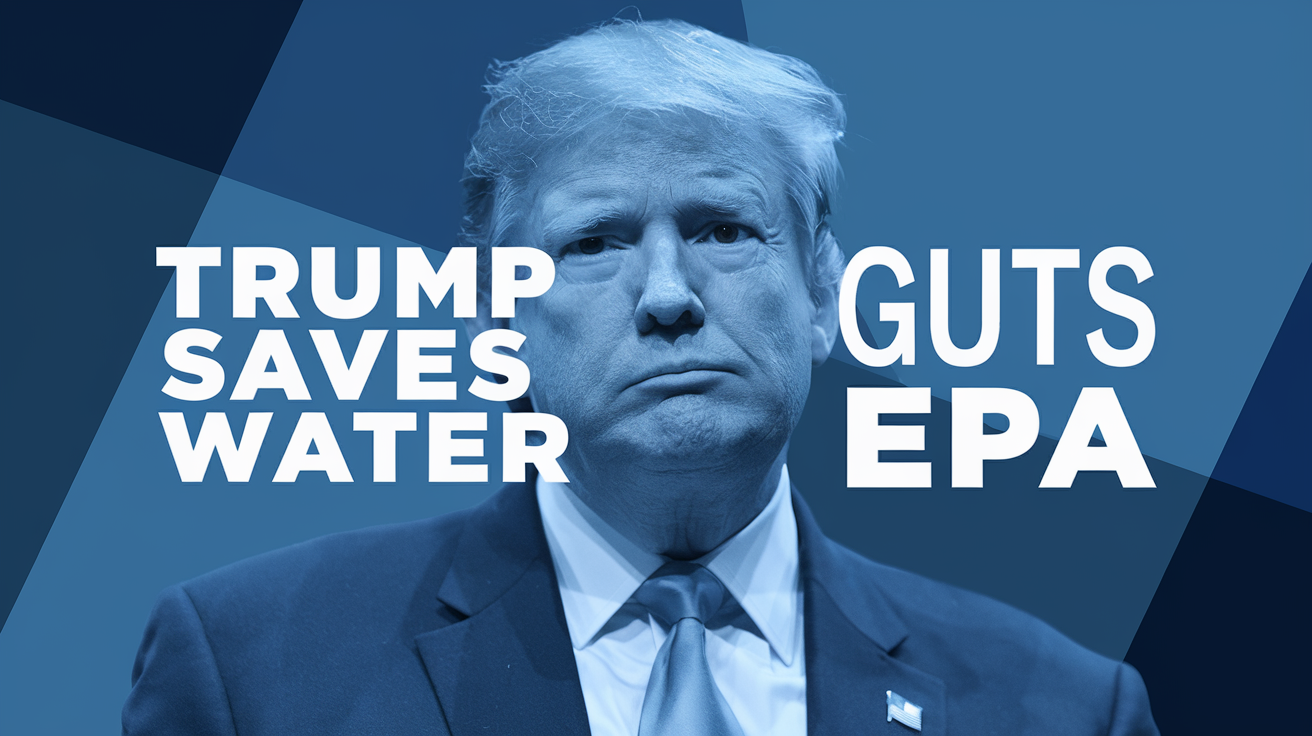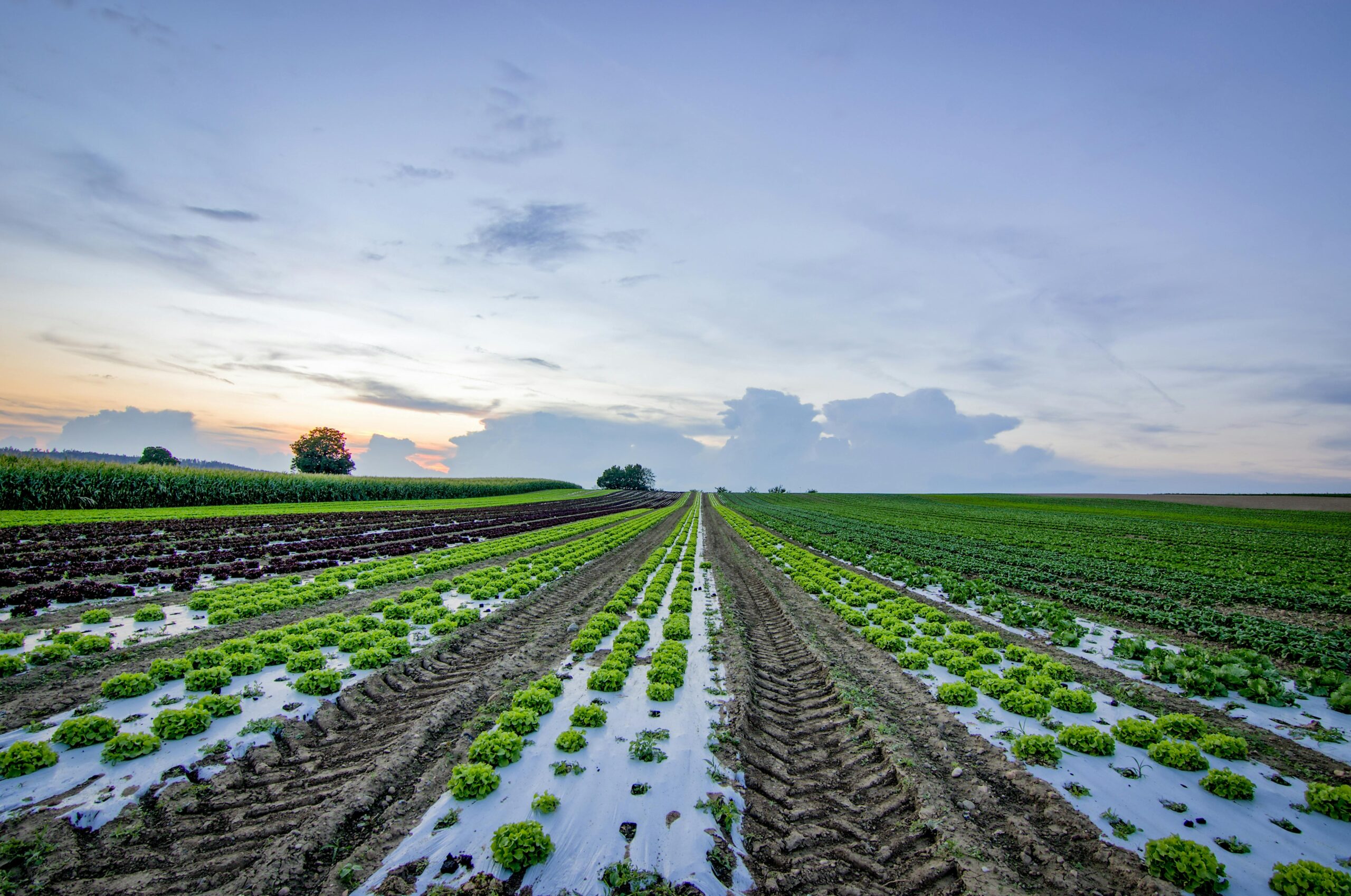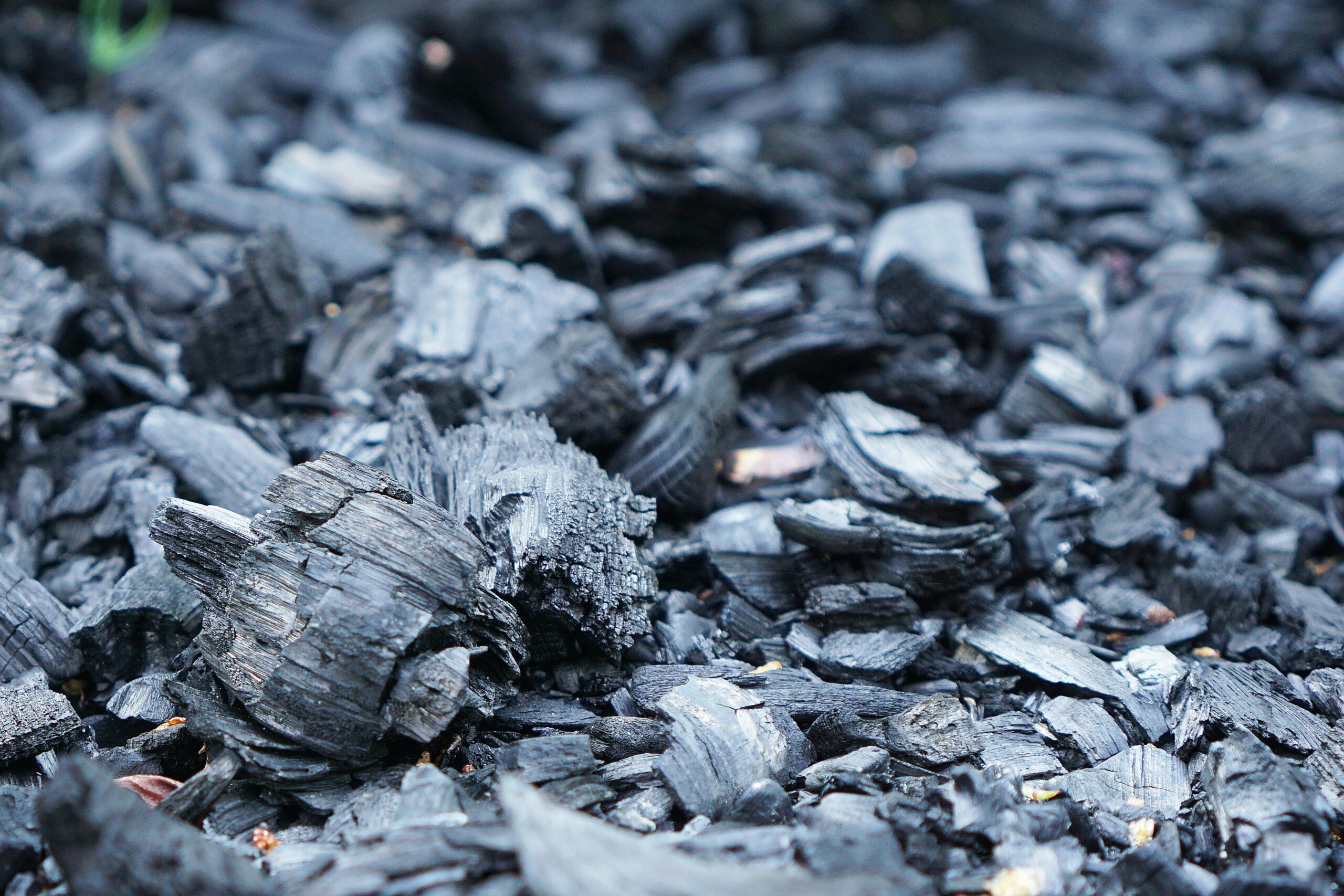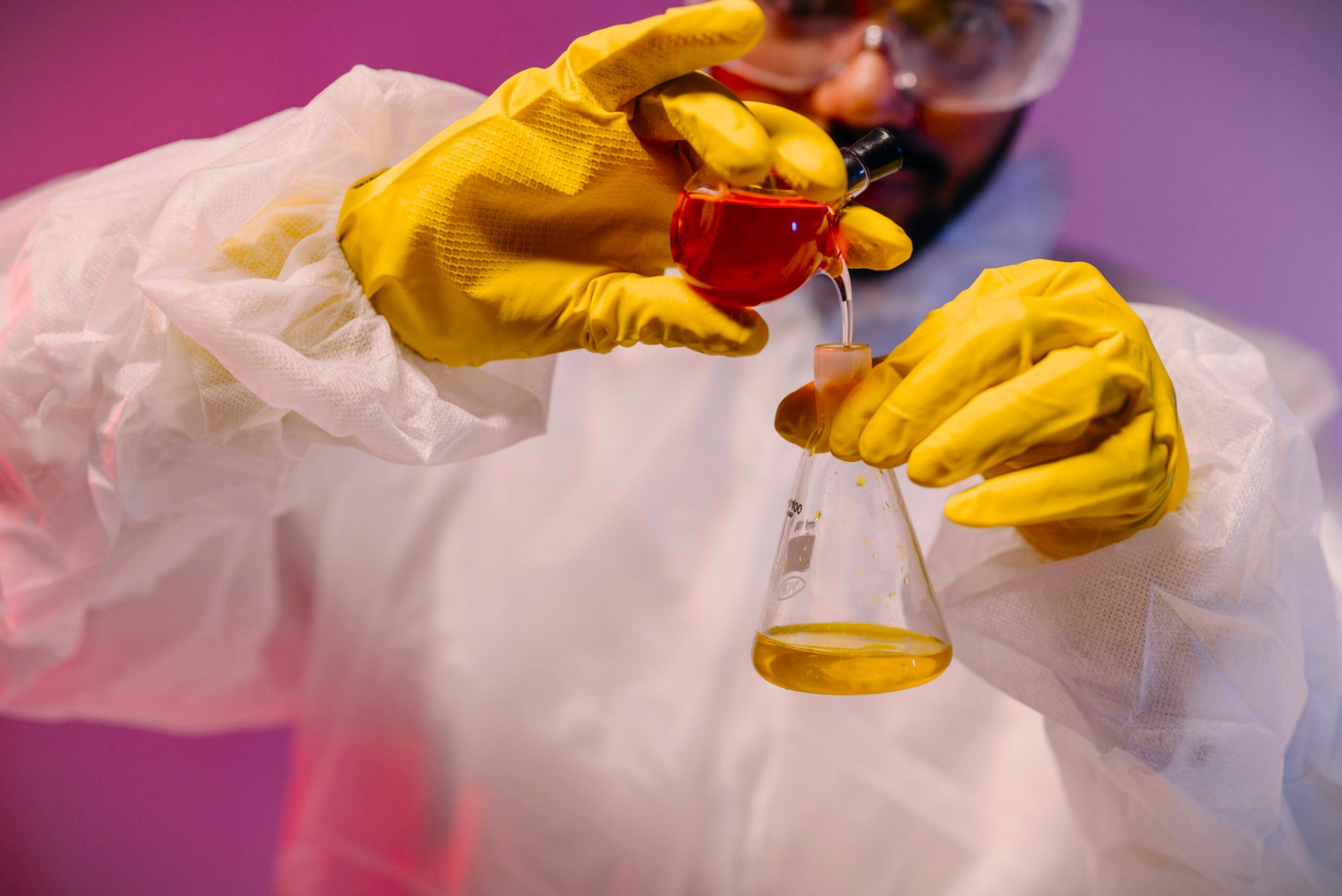If you have ever read the directions for operating your humidifier, electric iron, CPAP machine, or even coffee maker you no doubt have read where it is recommended to use distilled water. The reasoning is; distilled water, being considered pure, that it will not leave residue thereby clogging up and reducing the efficiency of your appliance. Is this true? As it turns out, using distilled water is indeed a good practice for operating your appliances, but even distilled water will leave harmful residue.
If you remember from our earlier discussions, one of the reason distillation makes great water is because at the boiling point of water, most, not all, of the contaminants are left behind. If you ever examined a distillation apparatus in industry, you would learn that the “pot” in which the liquid is boiled in, frequently becomes a mess from all the material left behind. This material gets more dense and concentrated over time and must frequently be cleaned to keep the apparatus working properly.
So too, in your appliances, as the distilled water evaporates, or is used up, so too will the small amounts of calcium and other contaminants be left behind. Over time, even though at a slower rate than tap water, distilled water will also cause scale to form on your products. The following tips can help.
- When you are done with an appliance, empty the reservoir. This will get rid of the increased contaminants that have been left behind and allow you to enter fresh distilled water the next time.
- If your distilled water supply bottle is more than 2 weeks old, discard it and get fresh water. Distilled water will absorb contaminants from the air, particularly CO2 which will lower the pH with carbonic acid. This can damage appliance parts.
- As often as you like, in between uses of your appliance, fill the reservoir with household vinegar and let it sit for 15 – 30 minutes. Vinegar is aceitic acid and will gently dissolve the minerals left behind by the distilled water.







